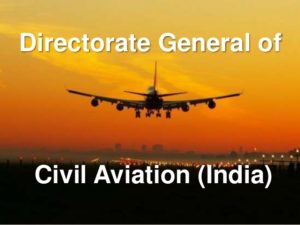DGCA Grants Approval for Nighttime Operations of Single-Engine Aircraft by Scheduled Commuter Airlines
India’s aviation safety regulator, the Directorate General of Civil Aviation (DGCA), has made a significant decision to allow scheduled commuter airlines to operate single-engine aircraft at night. This move is expected to enhance air connectivity to remote areas during nighttime hours, benefiting regional flights and improving accessibility to underserved regions.
Background
Single Engine Turbine (SET) planes have been in use for Scheduled Commuter Airlines (SCAs) since 2018. Until now, their operations were restricted to daytime and Visual Flight Rules (VFR). As SCAs primarily operate regional flights, this decision opens up new possibilities for nighttime travel to remote destinations.
Guidance Material
The operations circular has been updated to incorporate guidance material and detailed guidelines. These modifications cover various aspects, including route assessment, crew qualifications, experience, training, and assessment requirements. Additionally, operational, certification, and airworthiness requirements have been considered to ensure the safe operation of single-engine aircraft at night.
Safety Assessments
Approval for nighttime operations will be granted based on an assessment of operators’ compliance with these new requirements. An expert committee constituted by DGCA conducted a comprehensive review, considering international regulations, global best practices, safety data, and operational experience.
Safety Enhancement Measures
The expert committee also conducted safety risk assessments and practical flight trials to identify potential deficiencies and hazards. The aim was to incorporate safety enhancement measures to mitigate risks associated with nighttime operations.
Government Initiatives
This decision aligns with the government’s efforts to enhance regional air connectivity throughout India. By allowing nighttime operations of single-engine aircraft, DGCA seeks to expand access to remote areas, benefiting both passengers and communities.
Month: Current Affairs - November, 2023
Category: India Nation & States Current Affairs








